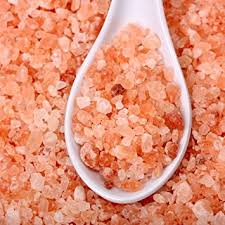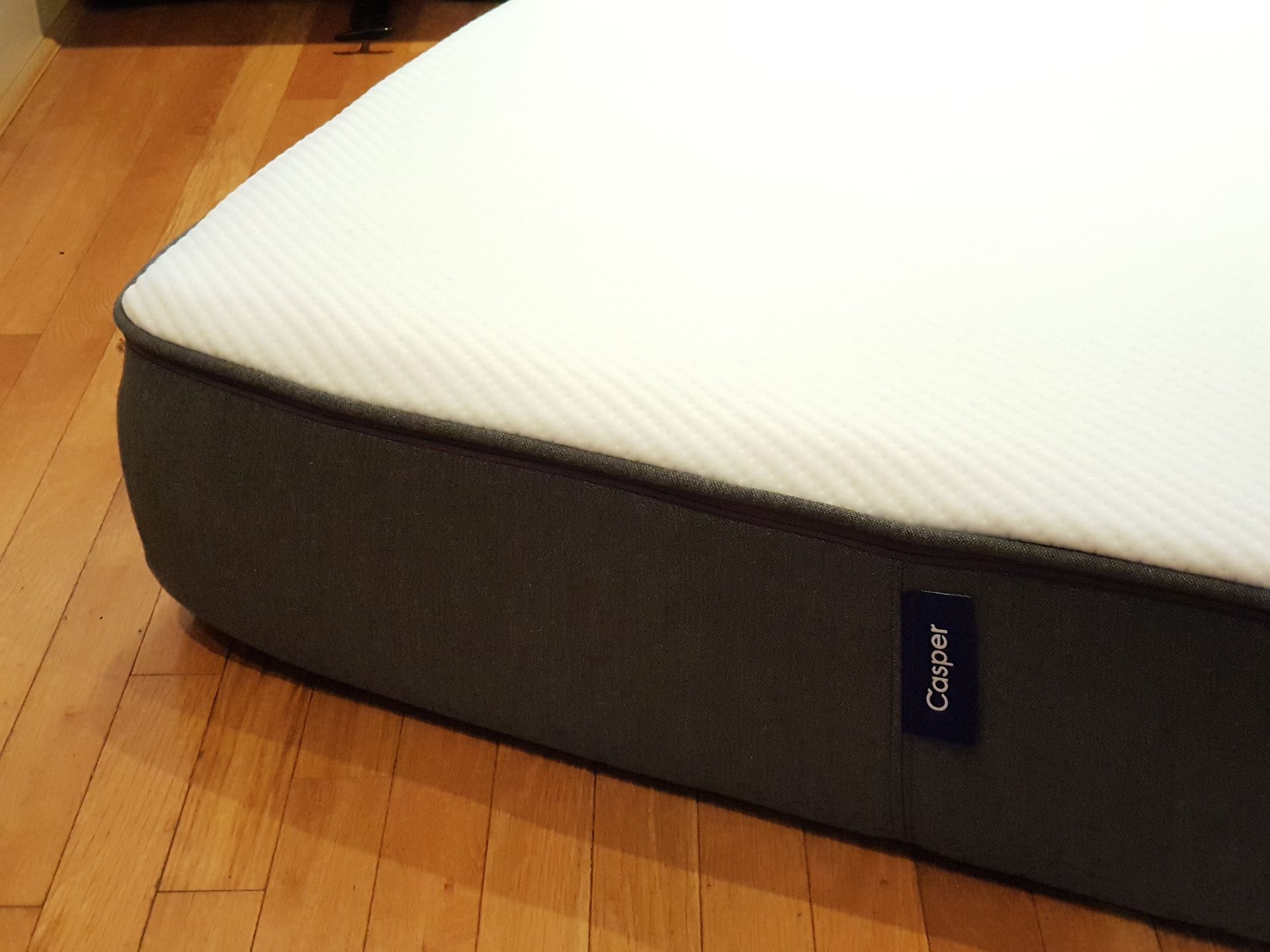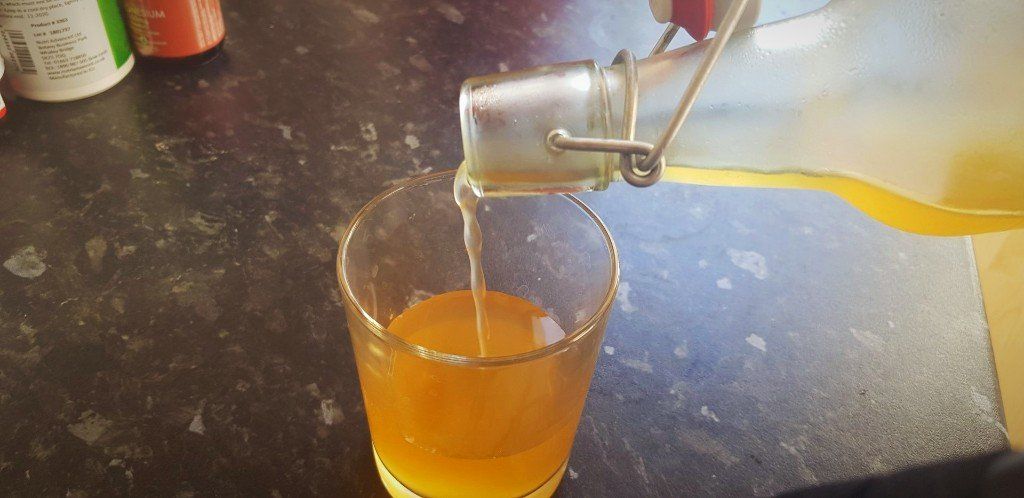With Nutritional Therapy, I can help you discover the factors underlying your health concerns and give you the tools to address them.
4 Steps to better health:
1. Intro Chat
With a free 15 minute online chat we can decide if I can help you
2. Create a Plan
Then with our First Consult we can create an Action Plan for you, to address diet and lifestyle factors underlying your symptoms
3. Lab Testing
I can order lab tests to investigate underlying issues
4. Follow-on Coaching
We will meet online every six weeks to check progress and update the plan.

About Me
I love helping people feel better. Having worked as a pharmacist for over 10 years, I realised I wanted to help people tackle the factors that were causing their illness, rather than medicating the symptoms. This led me to become a Health Coach and Nutritional Therapist. I now see clients online on a one-to-one basis to develop a personalised Action Plan and coach them to reach their health goals.
- Scientific background
- Evidence-based approach to NT
- 10 years experience in healthcare
- Expert supplement advice
- Evidence-based approach to NT
- 10 years experience in healthcare
- Expert supplement advice
Ciara F, Ireland
“I'm not sure what situation I would be in today had I not consulted with Enda. ....I now maintain a healthy gut and keep my symptoms at bay with a balanced diet and some regular supplements. I would recommend Enda to anyone prepared to make some lifestyle changes for the good of their overall health. ”
Andrew D, Ireland
“I fully recommend Enda to anyone who believes their health issues may be caused or impacted by an underlying nutritional issue. He works holistically and places the person at the centre of their care. He showed me great understanding, compassion and support in our work together.”
Cost
First Consult
€140
60 to 90 mins
This is an in-depth review of your medical history, diet and lifestyle, to get a detailed picture of your health issues and the factors that brought you here.
Follow-up Consults
€70
30 to 45 mins
At six-week intervals we meet to check progress and adapt the Action Plan to reach your health goals.
Contact Me
Let's see if we can improve your health. Send me a message and I’ll be in touch.
Blog

The Thyroid Epidemic:
Having worked in Irish pharmacy for over ten years, I'm well aware of the number of people who are taking thyroid medication (called Eltroxin). Why is hypothyroidism a problem of seeming epidemic proportions in Ireland?
Is it Iodine? Iodine deficiency is one of the key causes of hypothyroidism. As it can be hard to meet the daily intake of iodine through diet alone, many countries fortify their salt with iodine as a way to ensure the population is getting an adequate intake. For example, most table salt has been 'iodised' in the USA since 1924. All table salt sold in Canada is iodised. And yet in Ireland and the UK only 5% of table salt sold contains added iodine.
Iodised salt: So while iodised table salt may seem like the solution, I have some reservations about it. It is a processed product. Processed table salt (e.g. Saxa) contains the anti-caking agent Sodium Hexacyanoferrate and I prefer to minimise my intake of processed foods and food additives.
My solution : My guiding principle is always to go with the least processed product possible. Therefore my preference is to use an unprocessed salt such as Himalayan Rock Salt or Celtic Sea Salt. Hoever, while these types of salt do contain a variety of minerals, the levels of iodine is usually negligible. This means that they are not a solution to the iodine problem and I need to ensure I am getting adequate iodine from other foods such as eggs, dairy, seaweed and fish. As I consume minimal dairy, I am going to incorporate seaweed into my daily diet by adding it to my bone broth.
My advice: It is essential that you get an adequate amount of iodine (particularly if you are pregnant or breastfeeding) therefore you need to do one of the following:
1. Ensure you diet contains enough iodine (not easy)
2. Find and use iodized table salt (if you don't mind the additive)
3. Find and use iodised Himalayan salt
4. Find and use a sea salt combined with seaweed like this or this
4. Take a daily iodine supplement e.g. Kelp
Who would have thought that salt could be so complicated?!
Is it Iodine? Iodine deficiency is one of the key causes of hypothyroidism. As it can be hard to meet the daily intake of iodine through diet alone, many countries fortify their salt with iodine as a way to ensure the population is getting an adequate intake. For example, most table salt has been 'iodised' in the USA since 1924. All table salt sold in Canada is iodised. And yet in Ireland and the UK only 5% of table salt sold contains added iodine.
Iodised salt: So while iodised table salt may seem like the solution, I have some reservations about it. It is a processed product. Processed table salt (e.g. Saxa) contains the anti-caking agent Sodium Hexacyanoferrate and I prefer to minimise my intake of processed foods and food additives.
My solution : My guiding principle is always to go with the least processed product possible. Therefore my preference is to use an unprocessed salt such as Himalayan Rock Salt or Celtic Sea Salt. Hoever, while these types of salt do contain a variety of minerals, the levels of iodine is usually negligible. This means that they are not a solution to the iodine problem and I need to ensure I am getting adequate iodine from other foods such as eggs, dairy, seaweed and fish. As I consume minimal dairy, I am going to incorporate seaweed into my daily diet by adding it to my bone broth.
My advice: It is essential that you get an adequate amount of iodine (particularly if you are pregnant or breastfeeding) therefore you need to do one of the following:
1. Ensure you diet contains enough iodine (not easy)
2. Find and use iodized table salt (if you don't mind the additive)
3. Find and use iodised Himalayan salt
4. Find and use a sea salt combined with seaweed like this or this
4. Take a daily iodine supplement e.g. Kelp
Who would have thought that salt could be so complicated?!

Mattress in a box:
The convenience of my recent mattress purchase is undeniable. I ordered it online yesterday and it arrived in a box to my door today! Having done my research online, I opted for a Casper mattress as they were the pioneers in this market and the reviews were good. Everything was going well until I removed the plastic wrapping and the fumes started to come off the mattress.
Off-Gassing: I had read reviews which mentioned an initial smell from these mattresses, however the Casper website plays down the issue saying 'Any new product can have a mild scent upon unboxing.' I can report that what I am experiencing is not a 'mild scent' . Despite having all of the windows open and a breeze coming through my apartment, there is still a very strong chemical smell. Having done some research online, it seems that memory foam products give off volatile organic compounds ('VOCs') in a process known as 'off-gassing'. The level of gas released diminishes with time, with the consensus being that it's best to leave 3 to 4 days before sleeping on the mattress. Aside from this short-term inconvenience and smell, this leaves me questioning whether memory foam mattresses are healthy to use over the long term. Are these gasses merely a transient by-product of production or are they released over the life of the product as the materials in the mattress degrade? Are we better off sticking with the tried and tested materials of a conventional mattress? We spend 8 hours per day in close contact with our mattress, so it could potentially have negative impact on our health. I gain little solace from the fact that these mattresses have been passed as safe by the relevant authorities. How many examples have we seen of products which were formerly deemed safe only to be found to be harmful?
Adding to our toxic load? In the modern world our bodies must deal with hundreds of man-made chemicals which never existed in our ancient past. In my efforts to reduce my exposure to these chemicals have I shot myself in the foot by purchasing a mattress that is potentially an ongoing source of toxicants? There is a dearth of information available on this topic and I would expect to see companies such as Casper address this and provide us with research to support their safety claims.
My advice: Consider the off-gassing issue when purchasing a new mattress or pillow. In the absence of anything more scientific, I found this video of a home test on the gasses coming off a new mattress. At the very least, leave any new memory foam mattress or pillow in a well ventilated room for 3 to 4 days prior to use to allow the volatile gases to drop to lower levels and remove any outer covers to allow the gasses to dissipate more quickly. I will keep you posted if I find any more research on this topic.
2-night Update: Having left it to air for 4 days, I have spent the last 2 nights sleeping on the mattress. Personally, I have noticed no adverse effects. Interestingly, I seem to be much more aware of the smell coming from the mattress than my fiancee, as it doesn't seem to bother her at all. I will probably keep this mattress, but if I was starting again I would aim to buy a more natural alternative such as this. I recommend this article for those of you who want further information.
7-night Update: I have been suffering from some eye inflammation for the past 5 days (blepharitis and scerlitis). This may be coincidental or it may be due to the VOC's from the mattress. It is only now, 10 days after removing the packaging, that the smell from the mattress is becoming hard to detect. In light of this, I would recommend these mattresses should be aired ideally for 10 days before use.
Off-Gassing: I had read reviews which mentioned an initial smell from these mattresses, however the Casper website plays down the issue saying 'Any new product can have a mild scent upon unboxing.' I can report that what I am experiencing is not a 'mild scent' . Despite having all of the windows open and a breeze coming through my apartment, there is still a very strong chemical smell. Having done some research online, it seems that memory foam products give off volatile organic compounds ('VOCs') in a process known as 'off-gassing'. The level of gas released diminishes with time, with the consensus being that it's best to leave 3 to 4 days before sleeping on the mattress. Aside from this short-term inconvenience and smell, this leaves me questioning whether memory foam mattresses are healthy to use over the long term. Are these gasses merely a transient by-product of production or are they released over the life of the product as the materials in the mattress degrade? Are we better off sticking with the tried and tested materials of a conventional mattress? We spend 8 hours per day in close contact with our mattress, so it could potentially have negative impact on our health. I gain little solace from the fact that these mattresses have been passed as safe by the relevant authorities. How many examples have we seen of products which were formerly deemed safe only to be found to be harmful?
Adding to our toxic load? In the modern world our bodies must deal with hundreds of man-made chemicals which never existed in our ancient past. In my efforts to reduce my exposure to these chemicals have I shot myself in the foot by purchasing a mattress that is potentially an ongoing source of toxicants? There is a dearth of information available on this topic and I would expect to see companies such as Casper address this and provide us with research to support their safety claims.
My advice: Consider the off-gassing issue when purchasing a new mattress or pillow. In the absence of anything more scientific, I found this video of a home test on the gasses coming off a new mattress. At the very least, leave any new memory foam mattress or pillow in a well ventilated room for 3 to 4 days prior to use to allow the volatile gases to drop to lower levels and remove any outer covers to allow the gasses to dissipate more quickly. I will keep you posted if I find any more research on this topic.
2-night Update: Having left it to air for 4 days, I have spent the last 2 nights sleeping on the mattress. Personally, I have noticed no adverse effects. Interestingly, I seem to be much more aware of the smell coming from the mattress than my fiancee, as it doesn't seem to bother her at all. I will probably keep this mattress, but if I was starting again I would aim to buy a more natural alternative such as this. I recommend this article for those of you who want further information.
7-night Update: I have been suffering from some eye inflammation for the past 5 days (blepharitis and scerlitis). This may be coincidental or it may be due to the VOC's from the mattress. It is only now, 10 days after removing the packaging, that the smell from the mattress is becoming hard to detect. In light of this, I would recommend these mattresses should be aired ideally for 10 days before use.

Water Kefir is a mysterious thing!
I haven't changed my procedure, and yet my latest batch has become thick and almost gloupy while in the bottle.It still tastes and smells fine, it's just a bit thicker! At first I thought it may be syrupy from the sugar content, but this can't be the case because it became MORE syrupy with time in the bottle and actually tasted less sweet. So why is it becoming thicker? The kefir grains must be producing something that is increasing the viscosity of the liquid. But what is it and is it detrimental?
Mineral content: The only explanation I can find online is that the kefir grains don't like too high mineral content in the solution. I have been using white sugar plus coconut sugar (50:50), as I enjoy the flavour of the coconut sugar, but apparently the mineral content in the coconut sugar may be too much. It's surprising, but water kefir seems to thrive best on refined, white sugar. This is hard for me to comprehend, as my general rule is always to opt for the least processed option, but in this case I'll have to make an exception. This highlights the lack of information available about the constituent make-up of water kefir. Does anyone know what's actually in it?!
Temperature change: The only procedural change has been temperature. This never happened during the summer when the ambient temperature was around 25 degrees Celsius, but now we're in autumn and the temperature is only around 19 or 20 degrees Celsius. The grains must be producing something at lower temperatures, that they didn't at higher temps. This is another example of why it is best to produce consistency into the procedure. Once I have more space I will start using a bread proofer to control the fermentation temperature.
Is it safe to drink syrupy water kefir? Other than the higher viscosity, my water kefir seems to be fine. There is no musty smell or film or slime on the surface, so I have been drinking and can report I've had no ill effects. I'll keep you posted!
Mineral content: The only explanation I can find online is that the kefir grains don't like too high mineral content in the solution. I have been using white sugar plus coconut sugar (50:50), as I enjoy the flavour of the coconut sugar, but apparently the mineral content in the coconut sugar may be too much. It's surprising, but water kefir seems to thrive best on refined, white sugar. This is hard for me to comprehend, as my general rule is always to opt for the least processed option, but in this case I'll have to make an exception. This highlights the lack of information available about the constituent make-up of water kefir. Does anyone know what's actually in it?!
Temperature change: The only procedural change has been temperature. This never happened during the summer when the ambient temperature was around 25 degrees Celsius, but now we're in autumn and the temperature is only around 19 or 20 degrees Celsius. The grains must be producing something at lower temperatures, that they didn't at higher temps. This is another example of why it is best to produce consistency into the procedure. Once I have more space I will start using a bread proofer to control the fermentation temperature.
Is it safe to drink syrupy water kefir? Other than the higher viscosity, my water kefir seems to be fine. There is no musty smell or film or slime on the surface, so I have been drinking and can report I've had no ill effects. I'll keep you posted!




